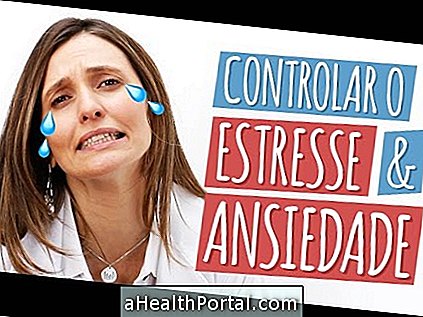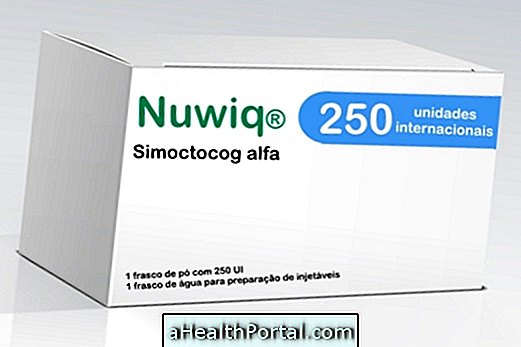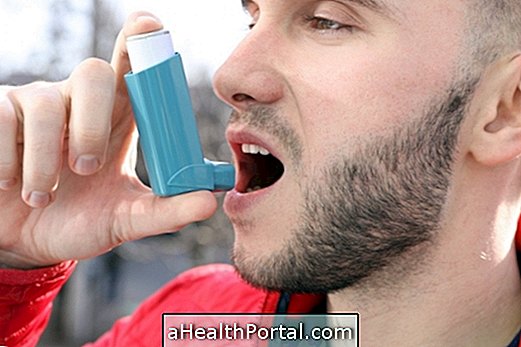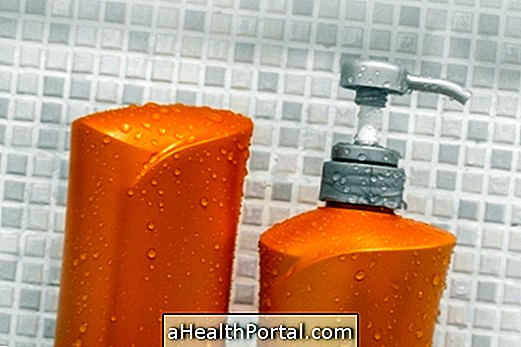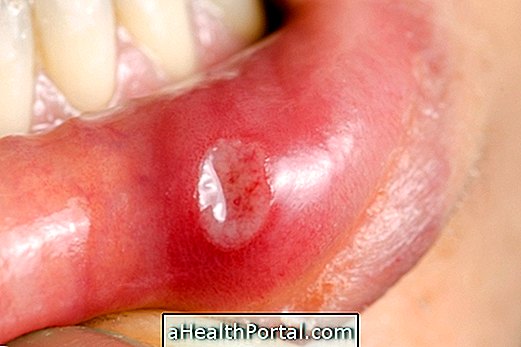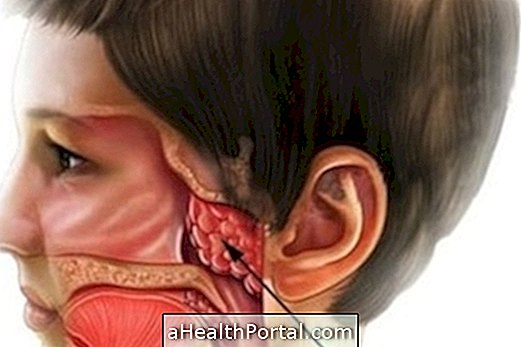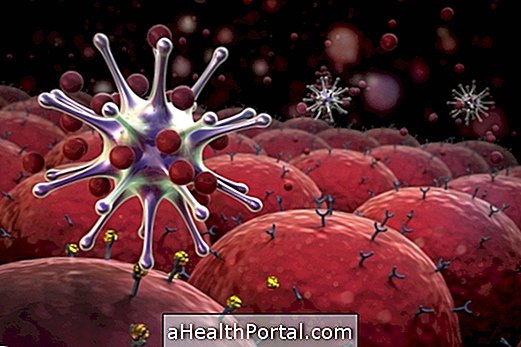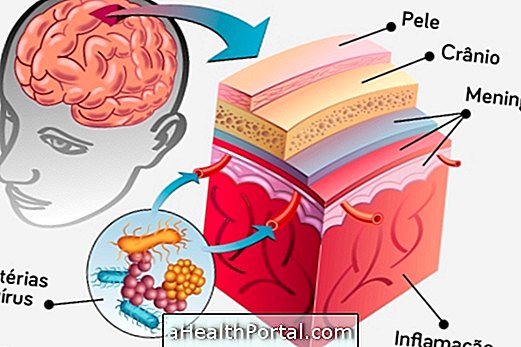Nail-biting, known scientifically as onicophagia, is a habit that affects both men and women, which can start as a child and persist through adulthood, and is closely associated with anxiety and feelings of insecurity.
To stop biting your nails, it is recommended to follow up with a psychotherapist, psychologist or psychiatrist, so that anxiety is controlled effectively and addiction is reduced, however, there are some tips that can be followed to avoid this habit, such as:
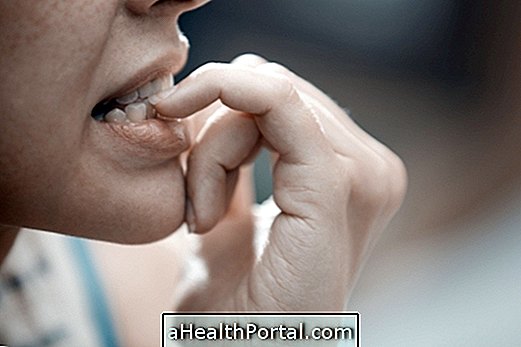
1. Keep nails well cut and sanded
The short nails avoid tips that serve as a temptation, avoiding the habit. In addition, keeping nails well made and painted weekly with a manicure is also an added incentive to keep your nails beautiful and avoid nibbling your fingers.
2. Paint the nails with special nail polish
These glazes have a very bitter taste, which make the person avoid putting their fingers in their mouths. They are colorless, serving for men, women and children over 4 years, and can be bought ready in pharmacies.
There are several brands, such as Derma nail, Avon or Mavala, for example.
3. Apply fake fingernails or gel nails
Covering the nails with false nails or nails in gel, besides improving the esthetics, diminishes the urge to chew them. Another tip is to cover one or a few of them with a bandage, and after a week, the person can remove and see how the nail looks more beautiful and healthy compared to the others.
4. Distracting yourself with an anti- stress ball
Adopting a new habit that replaces nail biting, such as playing with an anti-stress ball, a rubber band, or a coin, for example, are ways to get your head in with new activities instead of chewing your nails.
5. Chewing a chewing gum
Especially in times of greater anxiety or boredom, chewing a chewing gum is also a good option to avoid addiction.
6. Invest in a hobbie
Finding ways to alleviate anxiety, such as listening to music, talking to someone or practicing physical activity after work, for example, can relieve anxiety and make the person have fewer hobbies and addictive habits, such as nail biting.
7. Do psychotherapy
In more severe cases, psychotherapy or follow-up with a psychiatrist is indicated to help alleviate the psychological issues, such as stress and persistent anxiety, that lead to this habit.

Why should you stop biting nails?
Some of the major consequences of nail biting, which make it important to give up this habit, are:
- Wounds on the skin of the finger and cuticles, which facilitates infection by bacteria and fungi;
- Deformations on the nails, fingers and surrounding skin, which causes embarrassment due to the aesthetic effects;
- Increased odds of developing gastrointestinal problems, such as gastroenteritis and gastritis;
- Difficulty performing some activities, such as playing a musical instrument, drawing and writing.
In addition, the nails serve to protect the upper toes and as a barrier to the entry of microbes into the body and into the bloodstream, and should be kept well maintained to prevent illness from contact with microorganisms.



